Council
Filter by...
-

Digital rights as a security objective: New gateways for attacks
Violations of human rights online, most notably the right to data protection, can pose a real threat to electoral security and societal polarisation.
Read more
-
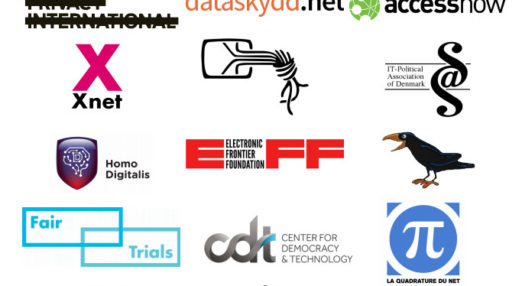
Growing concerns on “e-evidence”: Council publishes its draft general approach
On 30 November 2018, the Council of the European Union published a draft text for its general approach on the proposal for a regulation on European Production and Preservation Orders in criminal matters – also known as “e-evidence”. The text is to be adopted by EU Member States, represented in the Council.
Read more
-

Letter to the EU Council: Stand for citizen’s rights and the European digital economy in the copyright negotiations!
On 19 November 2018, EDRi, together with 53 other NGOs, sent a letter to the Council of the European Union. The letter draws attention to the ongoing concerns regarding the proposal on copyright in the Digital Single Market, ahead of a crucial meeting on 23 November.
Read more
-

ePrivacy: Public benefit or private surveillance?
92 weeks after the proposal was published, the EU is still waiting for an ePrivacy Regulation. The Regulation is supposed to replace the current ePrivacy Directive, aligning it with the General Data Protection Regulation (GDPR).
Read more
-
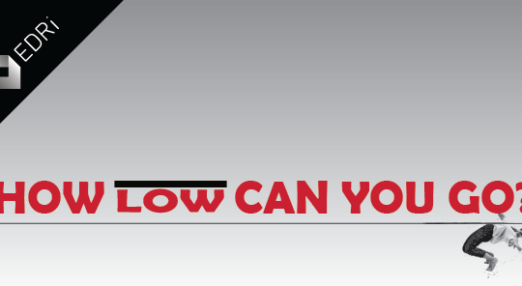
Council continues limbo dance with the ePrivacy standards
It's been six-hundred-fifty-two days since the European Commission launched its proposal for an ePrivacy Regulation. The European Parliament took a strong stance towards the proposal when it adopted its position a year ago, but the Council of the European Union is still only taking baby steps towards finding its position.
Read more
-
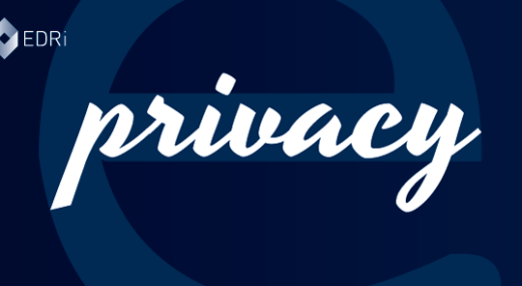
Five reasons to be concerned about the Council ePrivacy draft
The amendments improve the original proposal by strengthening confidentiality requirements for electronic communication services, and include a ban on tracking walls, legally binding signals for giving or refusing consent to online tracking, and privacy by design requirements for web browsers and apps.
Read more
-
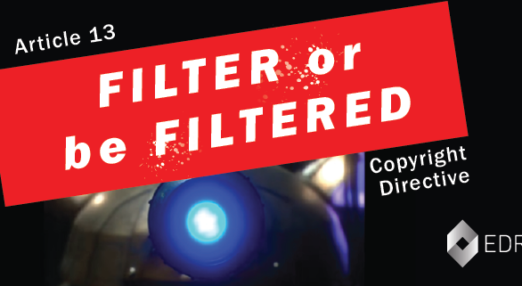
New copyright compromise text: Filter or be filtered
Discussions on the censorship machine continue at the level of the Council of the European Union.
Read more
-
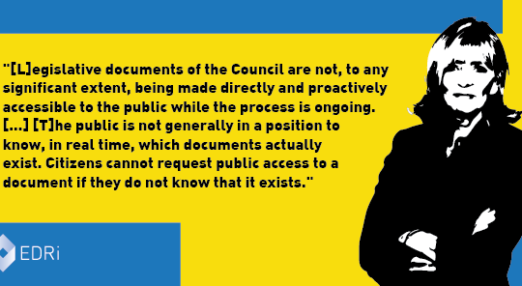
European Ombudsman shares EDRi’s concerns on Council transparency
On 13 February 2018, the European Ombudsman Emily O’Reilly published a Recommendation regarding the transparency of the legislative work of the Council of the European Union. Her strategic inquiry, which involved the examination of the Council’s work around the legislative course of the General Data Protection Regulation (GDPR), among other files, showed that the Council’s […]
Read more
-
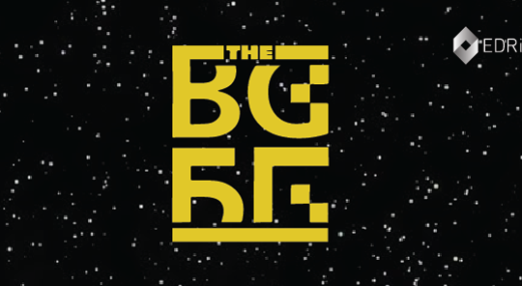
Copyright reform: The Bulgarian Presidency strikes back
Article 13 is a key issue in the discussions on the “Proposal for a Directive on Copyright in the Digital Single Market” that have been going on since 2016. It proposes requiring services that store content on the internet for users to “take measures, such as content recognition technologies, aimed at preventing the upload of […]
Read more
-

Estonia loves digital – why is it supporting the #censorshipmachine?
Estonia is globally known as a powerhouse of the digital world. It eagerly moves everything into the digital realm and prides itself on being at the forefront of technology. As it now holds the Presidency of the Council of the EU, it is in charge of negotiations on the new Copyright Directive proposal. Knowing how […]
Read more
-

Leaked document: EU Presidency calls for massive internet filtering
A Council of the European Union document leaked by Statewatch on 30 August reveals that during the summer months, that Estonia (current EU Presidency) has been pushing the other Member States to strengthen indiscriminate internet surveillance, and to follow in the footsteps of China regarding online censorship. Standing firmly behind its belief that filtering the […]
Read more
-

EU decision-making is not EU administration, says EU administration
In 2016, the EU Ombudsman Emily O’Reilly made some recommendations to improve the transparency of the “trilogue” process. Trilogues are informal negotiations conducted between a small number of representatives of the Council of the European Union, the European Parliament and the Commission, and they are increasingly used to circumvent the traditional, treaty-based decision-making process of […]
Read more
